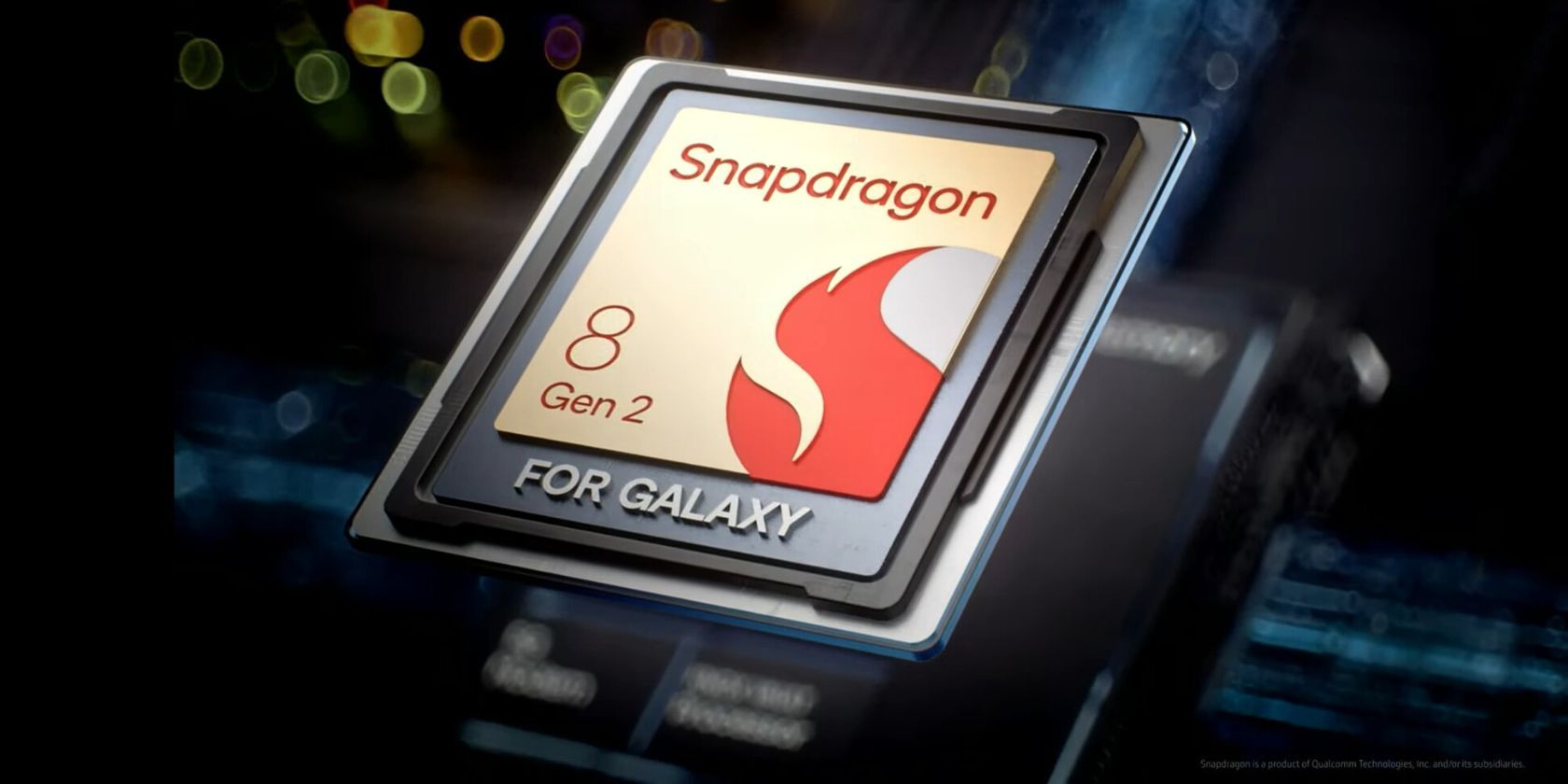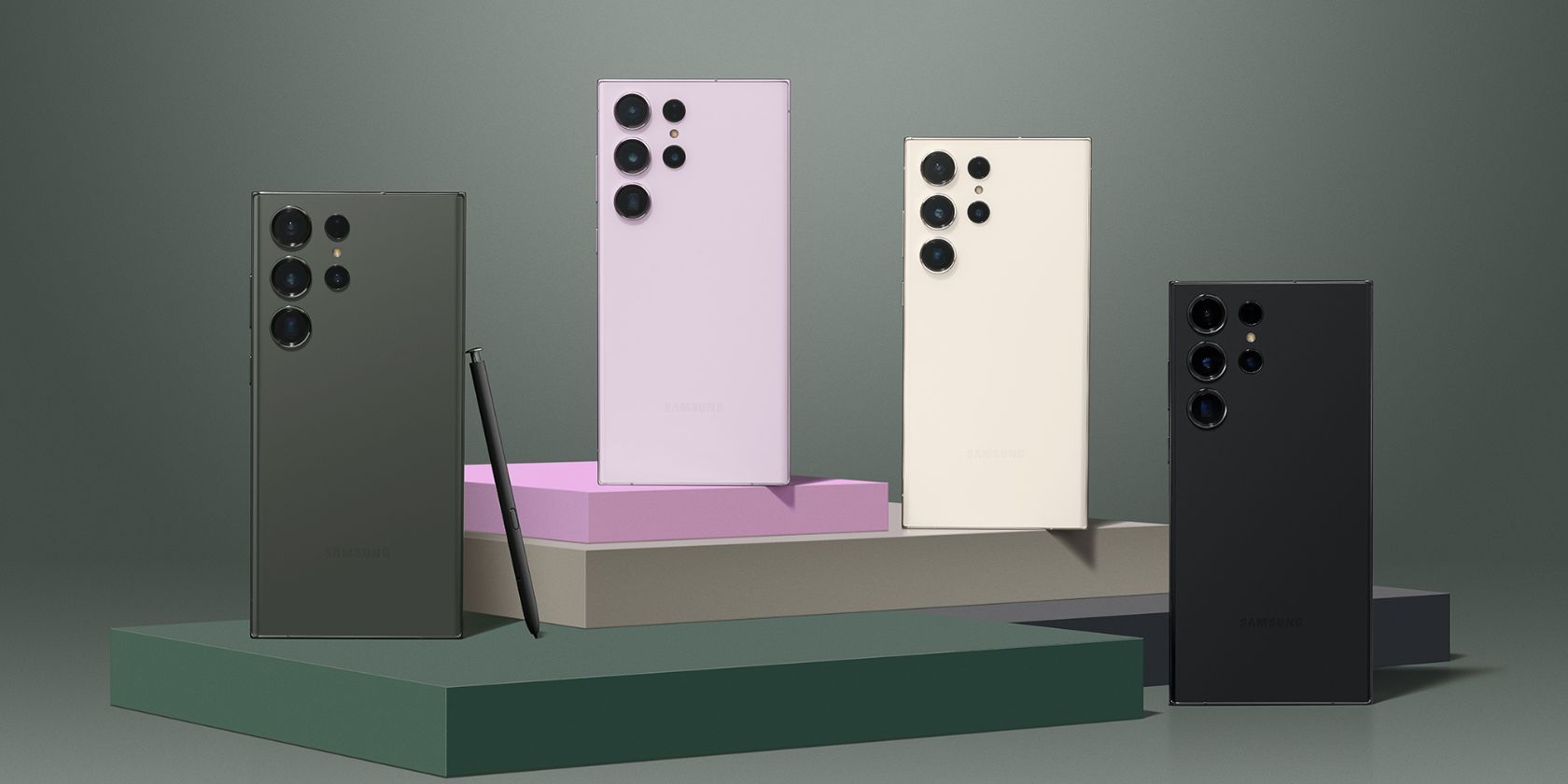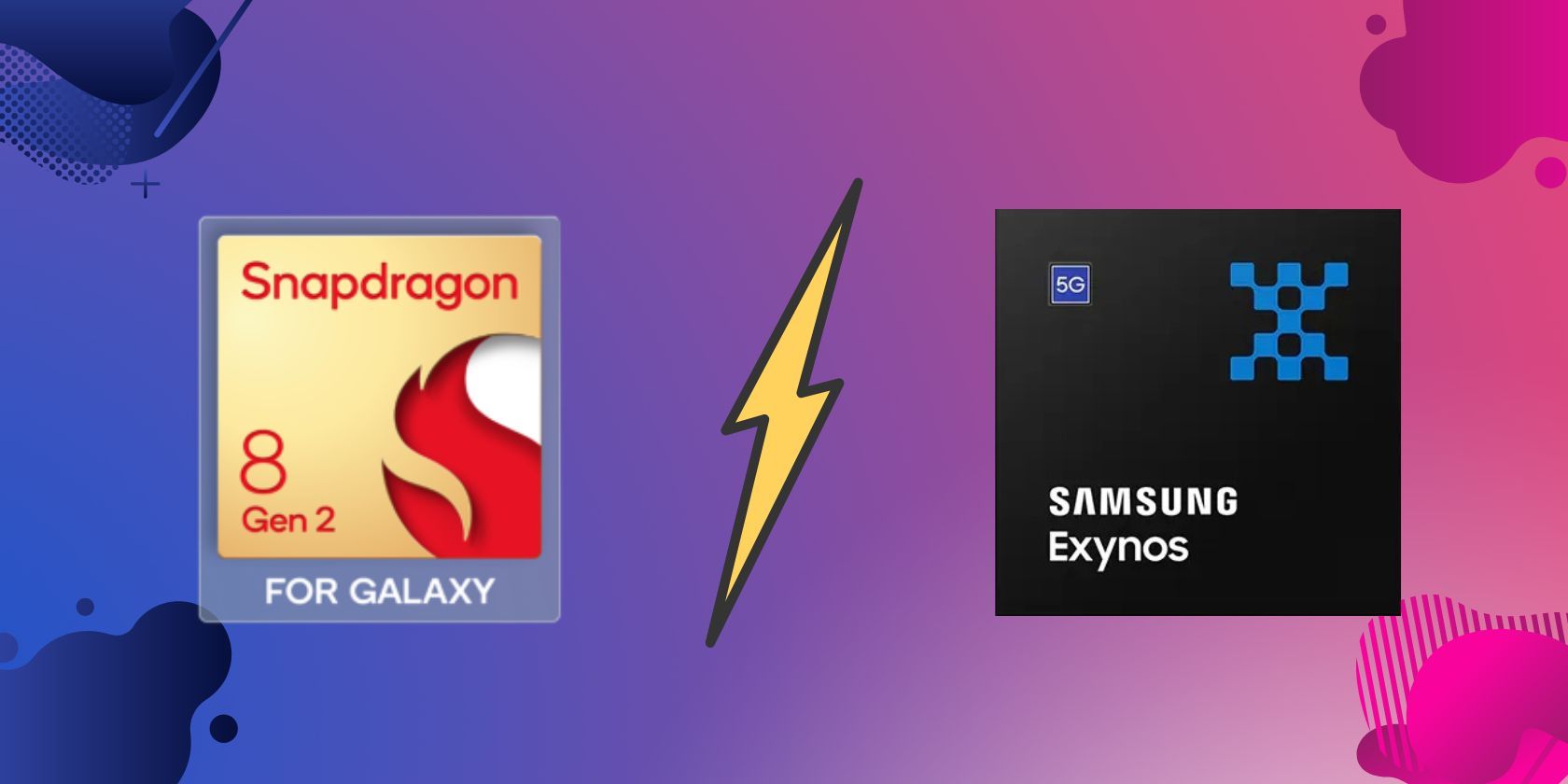With the Galaxy S23 series, Samsung decided to do things differently. Unlike the previous years, where the company used either Qualcomm's flagship Snapdragon chip or its own in-house chip on the Galaxy S series (depending on where you live), Samsung went full-blown with Snapdragon in the S23 series.
But Samsung likes to stand out, so in its S23 series, the company uses a special chip dubbed "Qualcomm Snapdragon 8 Gen 2 for Galaxy". Let's take a look at what the Qualcomm Snapdragon 8 Gen 2 for Galaxy is all about and what makes it different.
What Is Qualcomm Snapdragon 8 Gen 2 for Galaxy?
Snapdragon 8 Gen 2 for Galaxy is a variant of Qualcomm's flagship Snapdragon 8 Gen 2 that powers Samsung's Galaxy S23 series phones. The chip was born out of Qualcomm's partnership with Samsung, with a promise to provide better performance over the standard version.
But like the standard Snapdragon 8 Gen 2, the chip uses a 4nm die and includes 8 CPU cores: 1 prime core, four performance cores, and three efficiency cores. It's also paired with an Adreno 740 GPU. However, you won't notice anything different unless you look closely.
How Different Is Snapdragon 8 Gen 2 for Galaxy?
According to Samsung, the prime CPU core in the Snapdragon 8 Gen 2 for Galaxy tops out at 3.36GHz. Relative to the standard version, Samsung's variant has 5.3% and 5.7% higher CPU and GPU clock speeds, respectively.
According to GeekBench 5 benchmarks, the higher clock speed gives the Galaxy S23 Ultra an edge over the OnePlus 11, which runs the standard version of the Gen 2 chip.
Enobong Etteh's of Boredatwork on YouTube shows that the Galaxy S23 Ultra scored 1548 in single-core CPU tests, 32% higher than OnePlus 11's 1165. On multi-core tests, the S23 Ultra still beats OnePlus 11 although by just 3% (5042 compared to 4858).
While gaming, the YouTuber records nearly the same average frames per second while playing the best online Android FPS games like Call of Duty Mobile, PUBG, and Apex Legends. The S23 Ultra had an edge in some cases, but it barely recorded higher than 3fps on average over the OnePlus 11.
Separate tests performed by Tom's Guide show the S23 Ultra performs 35% faster in Geekbench 5 single-core tests and 8% faster in multi-core tests (1578 vs. 1166 and 5081 vs. 4692). On the graphics side, the S23 Ultra still beats OnePlus 11 with 87.5fps (compared to 84fps) in 3DMark's Wild Life Unlimited benchmark and 22.7fps vs. 22fps in 3DMark Wild Life Extreme Unlimited benchmark.
The overclocked CPU and GPU give the S23 Ultra an edge in performance, just as expected, proving Qualcomm's claim of the chip being the "fastest Snapdragon ever". However, the difference is much more noticeable in single-core performance despite the chip's prime core only having 5.3% higher maximum clock speeds.
Aside from the overclocking, Qualcomm says the S23 lineup is "the world's first smartphone to use Snapdragon's Cognitive ISP to enable real-time Semantic Segmentation to enhance images".
What that means is the device tries to understand objects in a captured photo for better processing and potentially better images. Qualcomm also adds that the new chip has an upgraded Hexagon Processor that the company says should result in better AI performance.
Is Samsung Finally Giving Up on Exynos Chips?
While it's great that no matter where you live, you get the same chip if you buy the S23 series, the major question is whether Samsung has given up pushing its Exynos chips. Well, it has, but whether it stays that way for the foreseeable future remains to be seen.
For the uninitiated, Samsung's Exynos chips continuously failed to keep up with Qualcomm's top-of-the-line Snapdragon series. Ardent fans have been complaining about the underwhelming performance of Samsung's in-house chips compared to Qualcomm's for a while, and the company finally listened.
Clearly, Samsung has surrendered, but with its plethora of devices, the company will continue to make and use in-house chips on its Galaxy A series phones and other lineups. It won't stop because of the benefits smartphone companies realize by designing their processors the Apple way.
However, if the performance of Exynos chips catches up with Qualcomm's high-end lineup, it won't be surprising to see the return of Exynos in Galaxy S series phones. If that time comes, Samsung might fully use its in-house chips with no Snapdragon variant in its flagship lineup, and no one will complain.
Should You Buy the S23 Series Because of the Chip?
The Snapdragon 8 Gen 2 for Galaxy is clearly better than the standard version, but sadly, it won't be available in flagship phones by other Android OEMs. Even so, it doesn't make sense to buy the S23 series just because of the chip. Despite the better performance, it's still questionable as to how much you'll notice the difference between the two chips in real-life use.
Additionally, if Qualcomm's recent history is anything to go by, the company will launch a more powerful Plus variant of the vanilla Snapdragon 8 Gen 2 later. The Plus variant might level up performance with Samsung's custom chip or even perform better.



